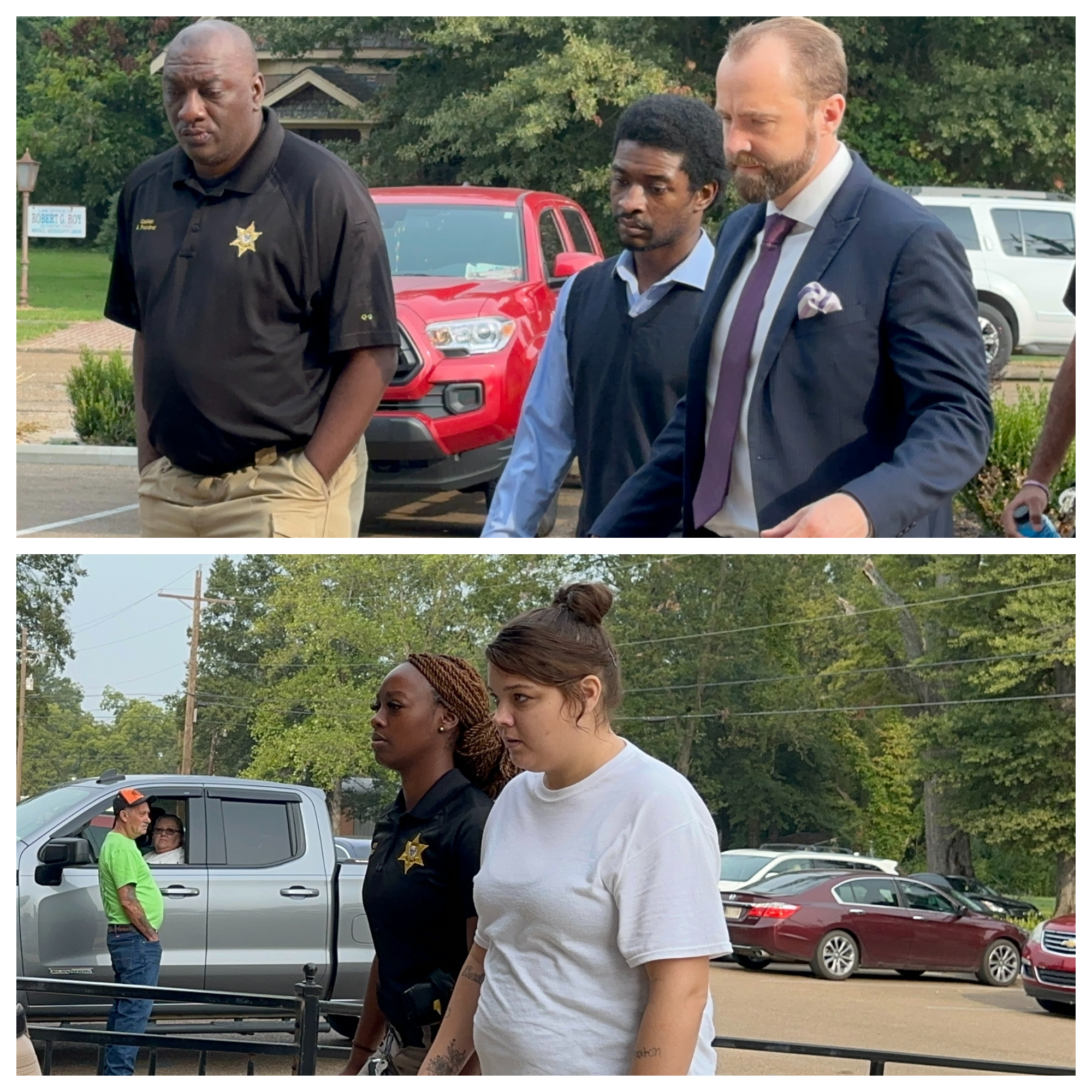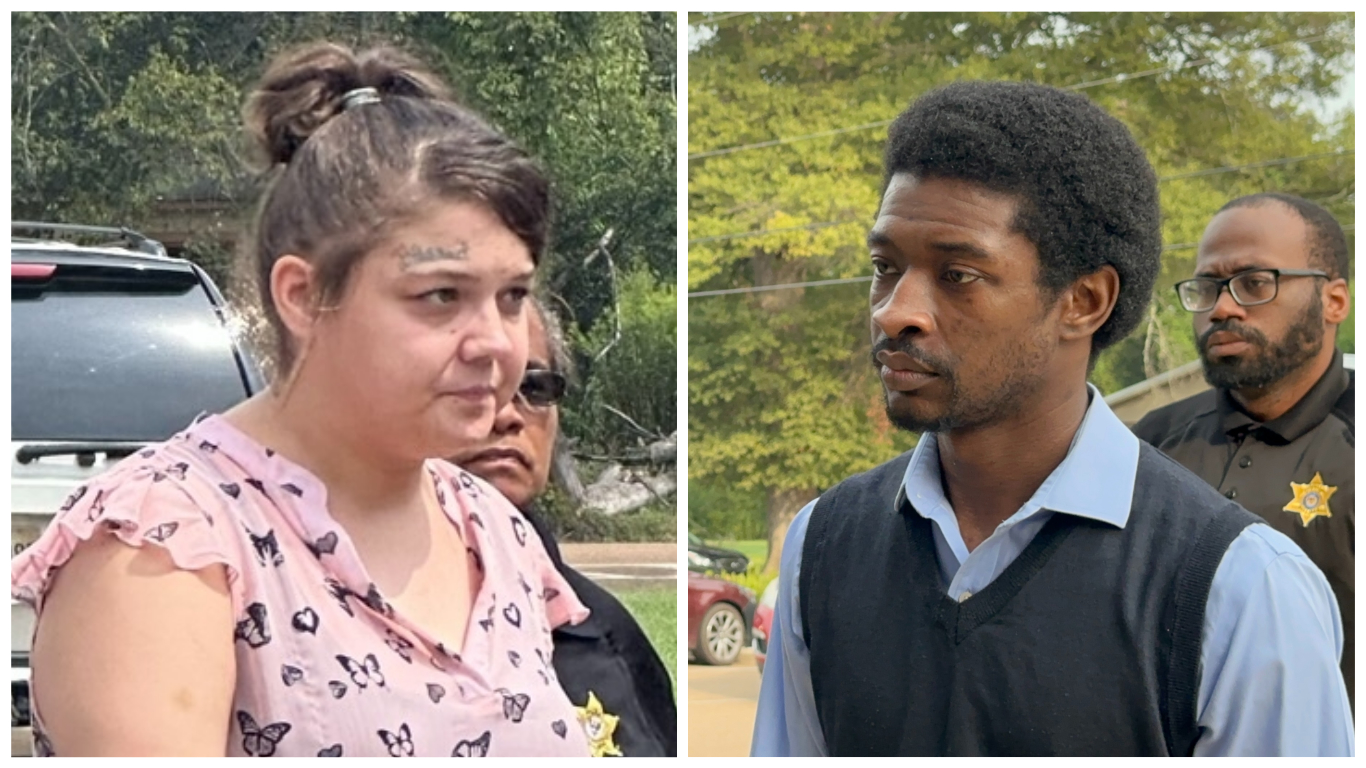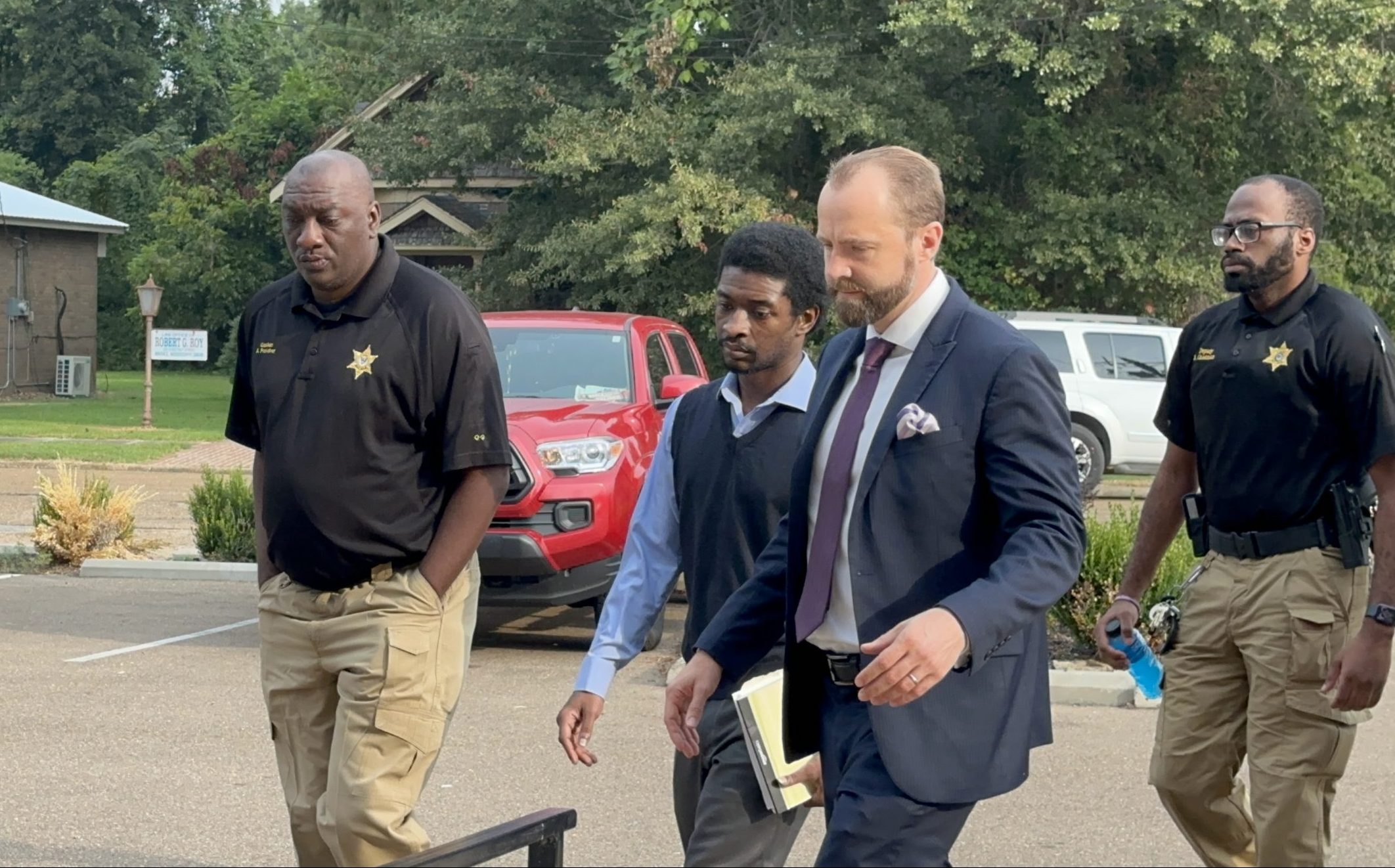Delta defense attorney Michael Carr only really had a Sunday to rest after the retrial of what he says was the most difficult case he’s worked in his 17 year career.
Then Monday, he was back to the courtroom.
That’s not an unfamiliar scenario for any defense attorney, but Carr’s case last week was particularly gruesome, with grisly, upsetting details. His client, Keith “K2” Coleman, was convicted along with Jayme Lynn Tubbs in the dismemberment and decaptiation murders of April Jones and Will Polk in Quitman County in 2019.
In a Monday night interview, Carr said his first thought was that he wanted to express sincere sympathy to the families of Polk and Jones.
“These were awful circumstances for these families involved,” he said. “And for the defendant’s families as well.”
Carr and his co-counsel, Chris Powell, were tasked — as public defenders are — with making sure the defendants got a fair trial. In high-profile or particularly violent cases, it’s important that the defendants have competent counsel to keep mistakes from being made that could have a conviction overturned or cause a mistrial. The public defenders are asked to do what a lot of other people don’t want to do, and for significantly lower pay than a paying client would provide.
“I do that because with complicated and emotional cases like this one when the only sentence on a murder conviction is a life sentence, the court wants someone who is experienced to make sure there’s a clean trial so there’s not a reversal. This isn’t a case where the court can assign a first year law graduate,” he said.
In the first trial there was a problem with discovery by the prosecution which caused the routine motion for a new trial to be granted. Prolonging the resolution of the case was hard on everyone involved, Carr said. Clearly the families of the victims suffer having to relive all the details, but it drags out a process that can be exhausting for agents of the court on all sides as well.
“Criminal trials are always very hard and very emotional and from the defense side it can be very difficult to defend someone accused of these things,” he said. “In my 17 years of practice, this was by far the most difficult to defend.”
He had heard of Jones and Polk’s disappearance and the events surrounding the search and seen media coverage before the court assigned him Coleman’s case, Carr said. Public defenders are also aware of their obligation to make sure each person is given a fair trial under the law.
“It’s advocating for someone as zealously as possible within the constitutional limits,” he said. “The beauty of this country is that we have a jury system so we don’t have to have retribution in the streets. I swore to uphold the constitution and the jury system. Even when the outcome doesn’t go our way, I’m proud that system works.”
There are routine steps that are simply a matter of procedure past a verdict. The defense for Keith Coleman Jr. and Jayme Lynn Tubbs will now file a motion for a new trial within 10 days, and within 30 days will file a notice of appeal. At that point, it is no longer in Carr or Powell’s hands.
“I’m just really glad to have this over because for the defense attorney, these kinds of cases can be extremely difficult because of social media and sometimes negative media attention, the stress on your family,” he said. “And my job is not to cosign on what my client did, it’s to make sure there’s a fair trial.”



















